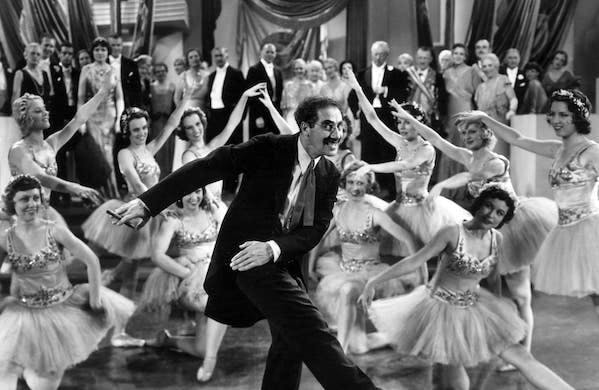
Redistricting Wars Kicked Off By Trump Poised To Linger Well Into 2028 Election Cycle
By MATTHEW RICE
|Universal Studios has released new Blu-ray editions of the five movies the Brothers Marx made at Paramount Pictures: ‘The Cocoanuts,’ ‘Animal Crackers,’ ‘Monkey Business,’ ‘Horse Feathers,’ and ‘Duck Soup.’

Already have a subscription? Sign in to continue reading

By MATTHEW RICE
|
By LUKE FUNK
|
By WILL FRIEDWALD
|$0.01/day for 60 days
Cancel anytime
By continuing you agree to our Privacy Policy and Terms of Service.

By MATTHEW RICE
|